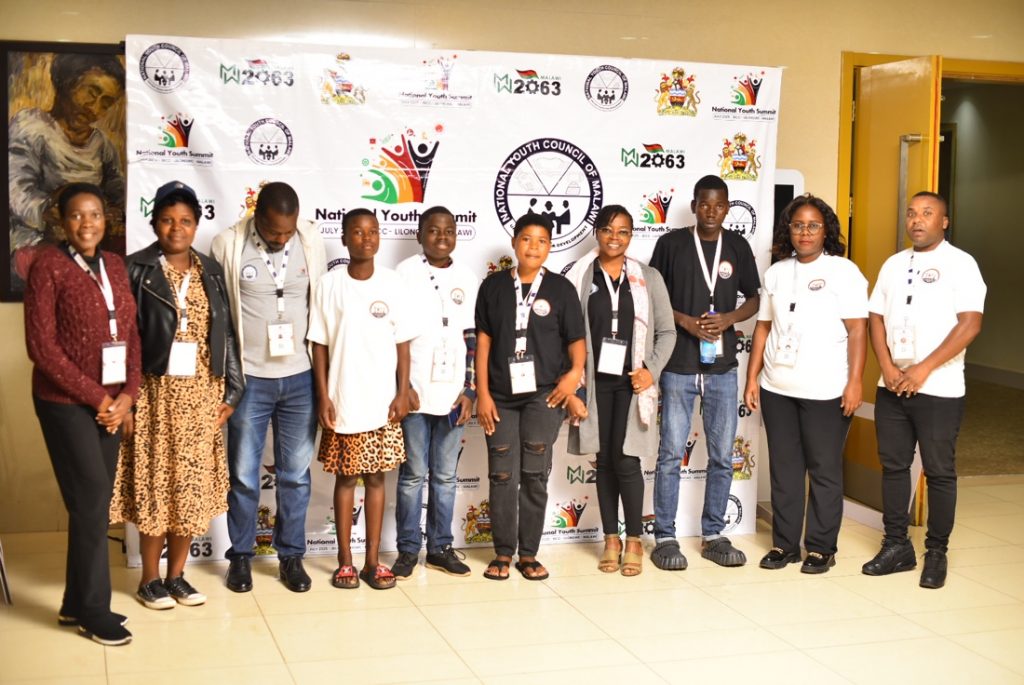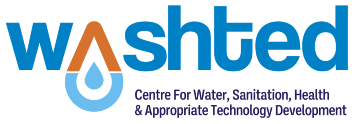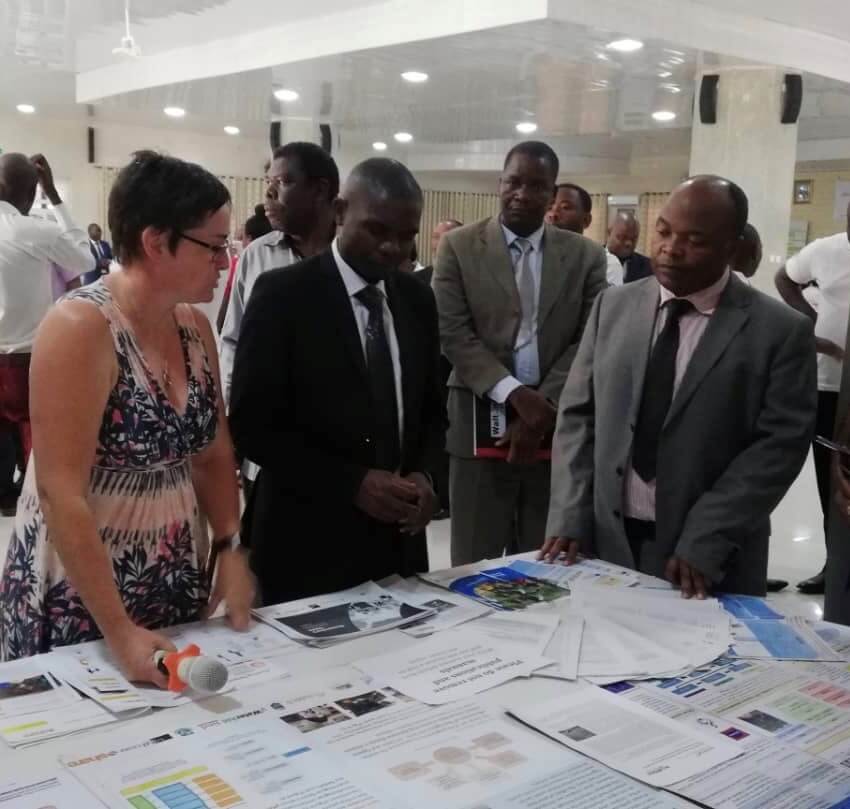
In a country where more than half the population is under the age of 25, placing young people at the center of health and well-being interventions is not just important – it is essential. While this is often talked about, it is rarely put into practice. But that was not the case for us. The NIHR Global Health Research Group on Improving Adolescent Health and Wellbeing actively participated in the 2025 Malawi National Youth Summit, held from 2nd to 4th July 2025 at the Bingu International Convention Centre, under the theme: “Harnessing Youth Innovation for Economic Empowerment and Sustainable Job Creation Towards Malawi 2063.” A healthy youth population is critical to achieving the Malawi 2063 agenda -making youth-centered research and interventions not just relevant, but indispensable.
At the summit, we shared findings from our formative research, showcased co-created interventions, and invited further input from young people across Malawi who gathered at this important event. These findings were shared through a photovoice exhibition and a co-creation workshop titled “Youth Health and Well-Being: Strategies for Success. “Our team was allocated a pavilion, which we transformed into an engaging and interactive space to present key findings using the participatory photovoice approach. Six powerful stories captured the Water, Sanitation, and Hygiene (WASH) challenges, Adverse Childhood Events (ACEs) and Social Emotional Well-being (SEWB) challenges faced by adolescents in both urban and rural areas. The booth was facilitated by four adolescents- two from Blantyre and two from Mchinji. A suggestion box was also provided to collect ideas and proposed solutions from attendees. It was particularly impactful to have the young people themselves presenting research findings, drawn directly from their lived experiences.

Adolescents sharing the findings with fellow young people and getting inputs on potential solutions to address the challenges
On the final day of the summit, our team facilitated a dynamic co-creation workshop in collaboration with the Ministry of Health (MoH), UNFPA, and the SRHR Africa Trust. Moderated by a young person, the session opened with a presentation from the NIHR Global Health Research Group titled” nothing for young people without young people: amplifying and integrating young people’s voices in health & well-being interventions in Malawi which highlighted challenges identified during the formative research and emphasized the importance of youth-led solutions by showing the initially cocreated solutions and closed with a call for further inputs. Other insightful presentations were made by other researchers and these included “They Just Changed Tactics”: Impact of the Alcohol Sachet Ban on Consumption and Related Harms Among Youth in Malawi, The Suicide Contagion Study, and The Impacts of HIV-Related Stigma on Children and Adolescents in the ESA Region.
Following the presentations, participants were randomly divided into groups to discuss potential solutions to the challenges presented. Each group nominated a youth representative to share their feedback with the wider session audience. And this approach was appreciated by the participants:
One male youth said– “…. the session was very interactive. It was also very exciting in the sense that we got to learn more about different initiatives or different studies that are being conducted. Because most of us out there, we exist in a society where most information is not actually accessible…. they gave the opportunity for us to talk. And what I liked the most about the session was how the youth were actually involved or at the forefront in conducting the studies and presenting. The approach was also good because we were provided with the opportunity to give feedback”-said one male youth participant
Overall, it was a great platform for allowing youths to express their voices and being listened to. Various brilliant ideas were given and for the NIHR GRH team these will be incorporated in the interventions to be tested.



